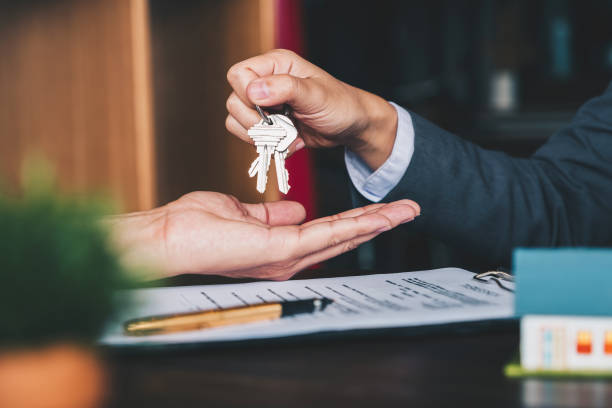Investing in condominiums in the United States is a good decision for many people- providing a combination of convenience, feeling of community, and potential financial benefits. However, in order to fully reap advantages, good property management for condos is required. This blog strives to shed light on the key components of condominium administration, ensuring that homeowners have a seamless as well as comfortable living experience.
What is Condo Property Management?
Condo property management is an in-depth approach to protecting common areas within condominium complexes while at the same time creating an atmosphere of community life for its residents. While conventional property management mainly consists of maintenance activities, condo property management goes a step further by cultivating this sense of unity while creating an enjoyable living experience for its members.
Condo property managers are responsible for managing and maintaining common spaces such as lobbies, corridors, elevators, parking lots, and recreational amenities on behalf of citizens. This involves keeping these areas tidy, safe as well as inviting for residents. Also, property managers organize regular inspections to quickly resolve faults while mitigating risks as quickly as possible.
Condo property management encourages communication and cooperation among homeowners, board members, and suppliers for better development of the area. They organize homeowner association meetings and promptly respond to problems or requests from residents in an efficient as well as effective way.
Overall, condo property management involves more than just building maintenance; it also includes developing a coherent community in which members feel respected, safe, as well as connected.
Key Responsibilities of Condo Property Managers
Property management for condominiums comprises a variety of obligations, including:
Financial Transparency: By keeping accurate records, developing budgets, and monitoring costs closely, property managers foster greater responsibility as well as trust within their community.
Legal Compliance: Condo property managers follow local laws, regulations, and condo associations to guarantee that the community operates legally without incurring fines or conflicts with its neighbors.
Maintenance and Repairs: Property managers oversee regular maintenance tasks, handle repairs quickly so that all common spaces remain well-kept – which eventually improves overall attractiveness as well as functioning of condominium complexes.
Communication: Effective communication entails fostering contacts between homeowners, board members, as well as suppliers. This makes certain that critical information is disseminated and people always remain informed as well as active in community affairs.
Conflict Resolution: Property managers play an important role in resolving disagreements and disputes among residents. They use fair as well as prompt resolution procedures to preserve a calm and happy living atmosphere.
Community Engagement: Property managers create an atmosphere of belonging and togetherness among residents by organizing activities, encouraging participation, as well as cultivating an ideal community culture.

Sustainable Condo Corporations
In today's environmentally concerned society, sustainable techniques are essential in condo property management. Implementing eco-friendly efforts such as energy-efficient lighting, recycling programs, as well as water conservation measures not only helps the environment but also saves money for households.
Best Practices for Condo Property Management
To ensure effective condo property management, consider the following best practices:
Regular Inspections: Inspect common spaces and facilities on a regular basis to discover maintenance concerns as soon as possible.
Proactive Maintenance: Respond quickly to maintenance concerns to avoid escalation and minimize interruptions for residents.
Transparent Communication: Inform homeowners about important updates, maintenance schedules, and neighborhood activities.
Financial Planning: Create a complete financial plan that accounts for maintenance, reserves, and unforeseen costs.
Technological Integration: Use technological solutions, such as property management software, to simplify processes and increase efficiency.
Community Engagement: Encourage homeowners to participate in community events, meetings, and decision-making processes.
Final Words
Effective condo property management is critical for building a dynamic and peaceful community in which members may enjoy a high standard of living. Property managers may improve homeowners association members' condo living experiences by focusing on openness, communication, sustainability, as well as proactive maintenance. Investing in skilled property management guarantees that condominiums are desired and valued investments for many years to come. Stay tuned to learn about property management for homeowners associations.





